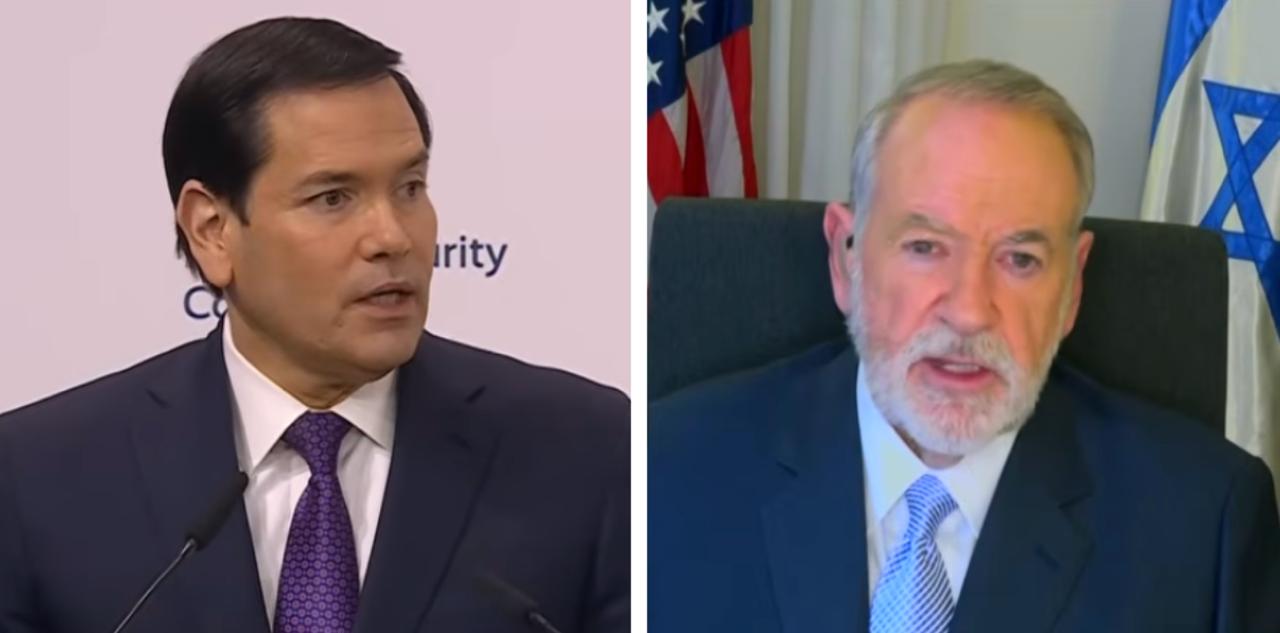Some 80 commercial ships have been attacked by the Yemen-based Shia terrorist group, and the Houthis are extending their military contacts beyond their Iranian backers to include Russia, China, and even Sunni groups such as al Qaeda, the Wall Street Journal reports. Thus far, the U.S. response has been limited to ineffectual tit-for-tat strikes that have done little to punish the Houthis or protect international shipping.
The Biden-Harris administration seems far more concerned about another mortal enemy threatening commercial shipping: climate change. A week before the presidential election, the White House announced nearly $3 billion in grants as part of the Environmental Protection Agency’s (EPA) Clean Ports Program. EPA will be doling out the taxpayer largesse to “fund 55 zero-emission port equipment, infrastructure, and planning projects across the nation to tackle climate change, reduce air pollution, promote good jobs, and advance environmental justice.”
“Decarbonizing our nation’s ports is one of the many ways President Biden and Vice President Harris’s investment agenda is helping cut pollution and create good-paying union jobs,” said White House National Climate Advisor Ali Zaidi in a statement.
Money for the 55 projects receiving EPA grants will go to the purchase of zero-emissions equipment, including over 1,500 units of cargo-handling equipment, 1,000 drayage trucks, 10 locomotives, and 20 vessels, as well as shore power systems, battery-electric and hydrogen vehicle charging and fueling infrastructure, and solar power generation.
EPA boasts that the zero-emissions thrust of its grant program will lead to estimated tailpipe reductions of over 3 million metric tons of CO2 (carbon dioxide), 12,000 short tons of NOx (nitrous oxide), and 200 short tons of PM (particulate matter) 2.5 in the first ten years of operation.
Given the snail’s pace at which the Biden administration has installed EV charging stations around the country, the EPA’s claims about the benefits of its zero-emissions port equipment warrant skepticism. But there is even more reason to question the whole purpose of a net-zero carbon emissions goal. CO2, it turns out, is not the climate villain we have been told it is. A new study in the journal Nature concludes that plants absorb about 31 percent more CO2 than previously thought. The study, “Terrestrial Photosynthesis Inferred from Plant Carbonyl Sulfide Uptake,” calls into question the entire narrative of human-caused buildup of greenhouse gases in the atmosphere.
Natural carbon sinks, such as plants, absorb far more CO2 than climate models, which are commonly used to forecast temperatures, have assumed. This invalidates the models whose projections have been used to justify far-reaching climate policies. The now-discredited models, which got something as relatively simple as plant CO2 absorption wrong, helped drive emissions reductions, renewable energy mandates, and taxpayer-funded grants to green seaports. As noted by meteorologist Anthony Watts, the study’s findings upend the whole notion, constantly repeated, that climate science is “settled.”
“Climate models predicted rapid CO2 buildup, assuming limited natural absorption,” Watts points out. “This inflated the urgency of drastic emissions cuts. Correcting for higher CO2 absorption rates means that CO2 accumulates in the atmosphere slower than models predicted, weakening the case for urgent, economy-wrenching measures.
“It challenges the core assumption behind policies like Net Zero,” Watts adds, “which were never proven to be beneficial, but only assumed to be so. If climate sensitivity is lower, warming slower, and natural CO2 absorption higher, then the rush toward extreme measures looks increasingly unjustifiable.”
Over 30 years ago, Al Gore called for “a wrenching transformation of society” to address what he said was an “ecological Kristallnacht. Today, that wrenching transformation of society is well underway, as policymakers in the U.S. and elsewhere impose mandates and restrictions on ordinary people, limiting their access to affordable and reliable energy and denying them the right to choose their own household appliances and means of personal transportation – all in the name of combatting what is said to be a “climate crisis.” The science behind all this is as shaky as the policies are regressive.
The world’s geopolitical situation, of which the aforementioned Houthis are but a part, is as dangerous as it has been at any time since the late 1930s. Wars in Europe and the Middle East and the ever-present threat of conflict over Taiwan and the South China Sea are the most obvious hot spots. Throw in cyberattacks, hypersonic missiles, directed energy, and artificial intelligence-driven weapons systems that function autonomously and you have a bad actor’s smorgasbord of opportunity. When our adversaries see us squander nearly $3 billion in net-zero projects at ports, they know we are not to be taken seriously.
Bonner Russell Cohen, Ph. D., is a senior policy analyst with the Committee for a Constructive Tomorrow (CFACT).





